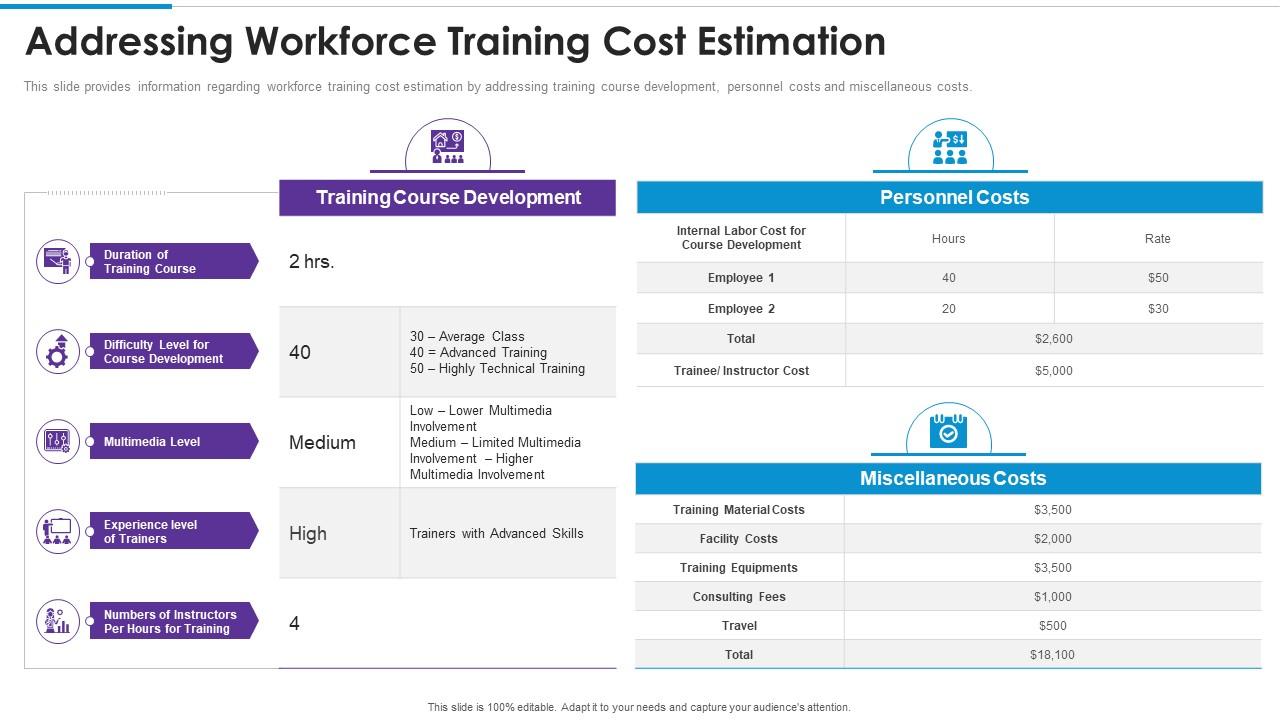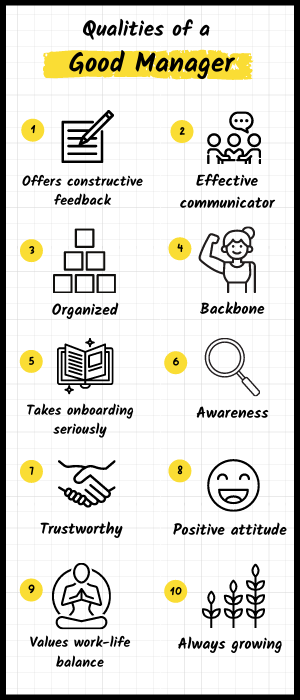
You can earn a degree in engineering administration online. A BSc in engineering management can be obtained online. You will need to complete ME, EE and CS classes. Capstone classes are two semesters back to back. Additionally, you will have to complete a capstone project. There are certain requirements that you must fulfill if you plan to earn your degree online. Learn more to determine if the program is right.
BS in engineering management
Asu's Bachelor of Science program in Engineering Management offers advanced degrees in engineering management and leadership skills. The program blends engineering and management courses with core business classes, including organizational behavior as well finance and managerial accounting. The program prepares graduates for many management positions, including quality control system managers and industrial engineers technicians. It is one of the most sought-after programs for engineering students because it offers flexibility, affordability, and simple online learning.

While the BS in Engineering Management degree emphasizes management and analytical principles, it also emphasizes technical engineering expertise. Students will learn to blend the two and apply them to organizational goals. Flexible online learning is possible. Students can continue their education while working at their current job. Students can explore other career options because of the program's flexibility. This program is a great choice if you are looking for a career that combines your love for technology with management.
Online management courses in engineering
Online engineering management programs are a great way to get the education that you want, whether you're looking for a job in tech or advancing your career. These online degrees will equip you with the leadership skills necessary to run an engineering company. You don't need an engineering degree to pursue a career in this area. However, you can earn a master of civil engineering with a concentration in engineering management.
A Master's Degree in Engineering Management online program is offered by the University of Maryland A. James Clark School of Engineering. This 30-credit program prepares engineers for senior-level roles. It incorporates sound engineering principles with principles of management. The Project Management Institute Global Accreditation Center has awarded it accreditation as the first college-level program in engineering management. Drexel University's online Master of Engineering Management degree program requires only one or two classes per week. Your program can be completed in as little as two years depending on your schedule.
Entry requirements for engineering management programs
Below are the requirements for eligibility to apply to an engineering management program. The minimum requirements for engineering management programs are that you have a baccalaureate with a technical discipline. This includes relevant courses in statistics and programming. You should also have a grade point average of 3.0 or higher in the last two years of undergraduate study. In addition, you must complete nine credits of electives, such as Problems in Engineering Management.

To be admitted, you will need to have an undergraduate degree in a science-related area such as economics, engineering, or accounting. It is necessary to be familiar with financial and business concepts and have previous work experience. You might also be required to learn basic economic theories, and how to apply them in an engineering setting. This depends on which school you attend. Depending on the school you apply to, you may also have to take a prerequisite course or two. It is a smart idea to apply for several or eight programs before choosing one.
FAQ
What are management concepts?
Management concepts are the fundamental principles and practices that managers use when managing people and their resources. They include such topics as human resource policies, job descriptions, performance evaluations, training programs, employee motivation, compensation systems, organizational structure, and many others.
What are the steps in the decision-making process in management?
Managers have to make complex decisions. This involves many factors including analysis, strategy and planning, implementation, measurement and evaluation, feedback, feedback, and others.
When managing people, the most important thing to remember is that they are just human beings like you and make mistakes. You are always capable of improving yourself, and there's always room for improvement.
This video explains the process of decision-making in Management. We discuss the different types of decisions and why they are important, every manager should know how to navigate them. Here are some topics you'll be learning about:
What role does a manager have in a company's success?
Different industries have different roles for managers.
Managers generally oversee the day-today operations of a business.
He/she will ensure that the company fulfills its financial obligations.
He/she ensures that employees follow the rules and regulations and adhere to quality standards.
He/she plans and oversees marketing campaigns.
What is Kaizen?
Kaizen, a Japanese term that means "continuous improvement," is a philosophy that encourages employees and other workers to continuously improve their work environment.
Kaizen is built on the belief that everyone should be able do their jobs well.
Why is it important that companies use project management methods?
Project management techniques are used in order to ensure projects run smoothly, and that deadlines are met.
This is because most businesses rely on project work for their products and services.
Companies need to manage these projects efficiently and effectively.
Companies can lose time, money, and reputation if they don't have a good project management system.
Statistics
- This field is expected to grow about 7% by 2028, a bit faster than the national average for job growth. (wgu.edu)
- Your choice in Step 5 may very likely be the same or similar to the alternative you placed at the top of your list at the end of Step 4. (umassd.edu)
- As of 2020, personal bankers or tellers make an average of $32,620 per year, according to the BLS. (wgu.edu)
- 100% of the courses are offered online, and no campus visits are required — a big time-saver for you. (online.uc.edu)
- Our program is 100% engineered for your success. (online.uc.edu)
External Links
How To
How can you create a Quality Management Plan, (QMP)?
QMP (Quality Management Plan), introduced in ISO 9001,2008, provides a systematic method for improving processes, products, or services through continuous improvement. It helps to improve customer satisfaction and product/service quality by continuously measuring, analyzing, controlling and improving.
QMP is a method that ensures good business performance. QMP improves production, service delivery, as well as customer relations. QMPs should encompass all three components - Products and Services, as well as Processes. A "Process" QMP is one that only includes one aspect. The QMP that focuses on a Product/Service is called a "Product." QMP. QMP stands for Customer Relationships.
There are two key elements to implementing a QMP: Strategy and Scope. These elements can be defined as follows.
Scope: This describes the scope and duration for the QMP. For example, if you want to implement a QMP that lasts six months, then this scope will outline the activities done during the first six.
Strategy: This describes how you will achieve the goals in your scope.
A typical QMP comprises five phases: Planning and Design, Development, Construction, Implementation, Maintenance. Each phase is explained below:
Planning: In this stage the QMP's objectives and priorities are established. Every stakeholder involved in the project is consulted to determine their expectations and needs. Next, you will need to identify the objectives and priorities. The strategy for achieving them is developed.
Design: This stage is where the design team creates the vision, mission and strategies necessary for successful implementation of QMP. These strategies are implemented by the development of detailed plans and procedures.
Development: Here, the team develops the resources and capabilities that will support the successful implementation.
Implementation: This is the actual implementation and use of the QMP's planned strategies.
Maintenance: The maintenance of the QMP is an ongoing task.
Additionally, the QMP should include additional items:
Participation by Stakeholders is essential for the QMP's continued success. They should be involved in planning, design, development and implementation of the QMP.
Project Initiation - A clear understanding of the problem statement, and the solution is necessary for any project to be initiated. This means that the initiator should know why they want something done and what they hope for from the end result.
Time frame: It is crucial to know the time frame for the QMP. A simple version is fine if you only plan to use the QMP for a brief period. If you are looking for a longer-term commitment, however, you might need more complex versions.
Cost Estimation: Cost estimation is another vital component of the QMP. Without knowing how much you will spend, planning is impossible. The QMP should be cost-estimated before it can begin.
QMPs should not be considered a static document. It changes with the company. It should be reviewed on a regular basis to ensure that it is still meeting the company's needs.